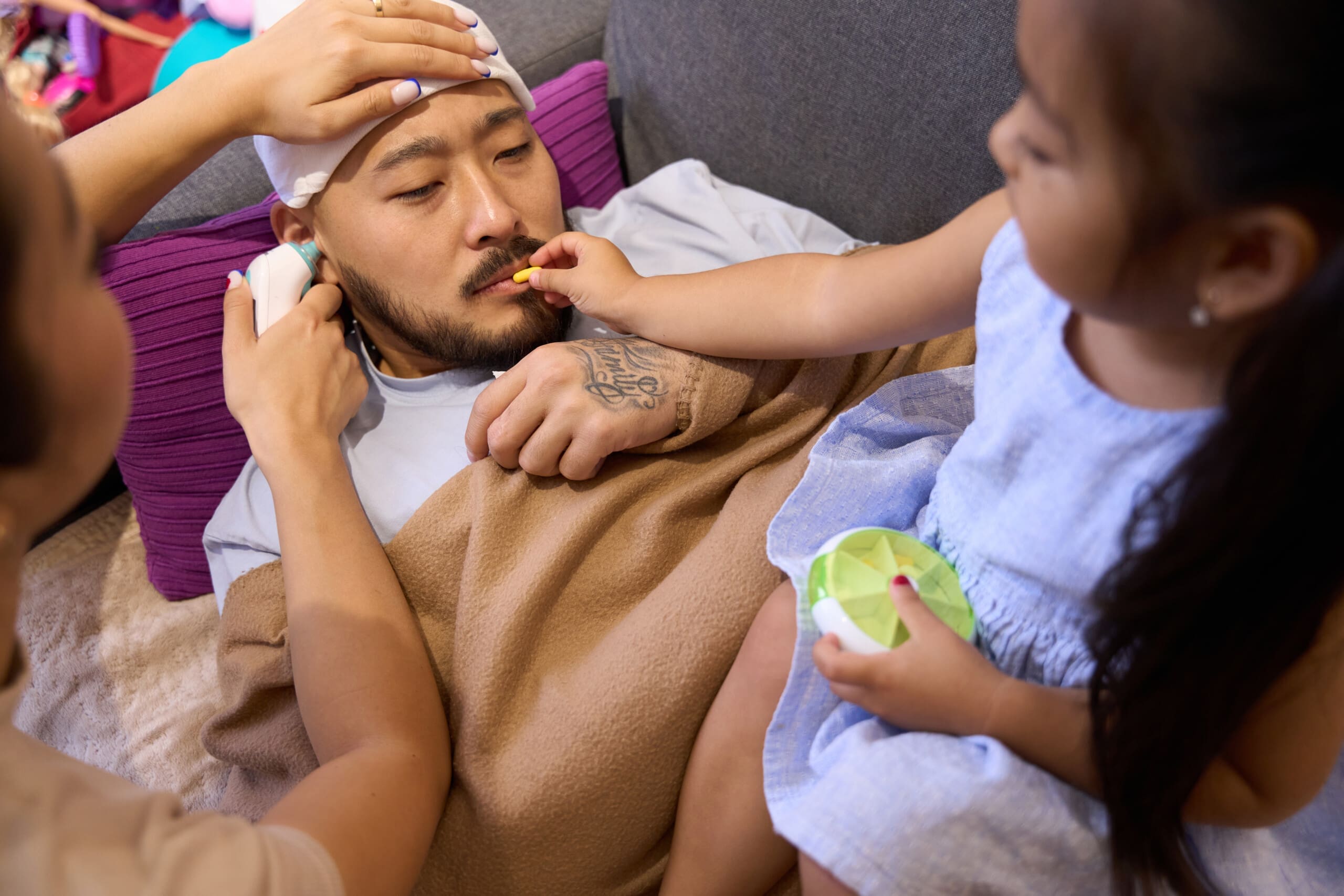Self-Care for Parents: Crucial for Your Family’s Mental Health
Parenting is a marathon, not a sprint, except some days it feels like a marathon where you’re also carrying a backpack full of laundry, a screaming toddler, and a grocery list you forgot at home. In the chaos of keeping everyone else afloat, self-care can feel like a luxury you don’t have time for. Bubble baths? Meditation? A quiet cup of coffee? Yeah, right, maybe in your next life. But here’s the thing: self-care isn’t just a nice-to-have for parents. It’s a must-have, not only for your sanity but for your family’s mental health too. Let’s unpack why putting yourself on the priority list isn’t selfish; it’s essential.
Self-Care is Key to Your Family’s Mental Health
First, let’s bust a myth: self-care doesn’t mean you’re neglecting your kids. In fact, the opposite is true. When you’re running on empty, snapping at every spilled juice box or zoning out during bedtime stories, you’re not showing up as your best self. Kids are incredibly perceptive; they might not say, “Gee, Mom seems stressed,” but they sense it in the tension, the short tempers, the distracted hugs. Taking care of yourself, whether it’s a 10-minute walk, chatting with a friend, or (gasp!) taking an actual nap, recharges you so you can be present. Think of it like the oxygen mask on a plane: you’ve got to secure yours before you can help anyone else.
Family therapy can be a great way to learn how to take care of yourself while supporting your loved ones. Whether you’re looking for therapy for families in NJ or seeking guidance on OCD symptoms in children, therapy provides a valuable opportunity to focus on your well-being and help you stay present for your family. By seeking professional help, you can take proactive steps to manage stress and improve family dynamics.
Modeling Healthy Habits for Your Kids
Another key aspect is the modeling effect. Kids are sponges, they absorb everything you do. If they see you prioritizing your mental health, saying no to extra commitments, taking a deep breath instead of yelling, or even admitting you need a break, they learn that it’s okay to do the same. You’re not just surviving the day; you’re teaching them how to thrive. Ever notice how they mimic your phone obsession? Imagine if they mimicked your healthy habits instead. That’s a legacy worth leaving.
By modeling self-care, you teach your kids how to manage their emotions, especially if you incorporate tools like the Traffic Light Emotions PDF. These kinds of strategies can help your child understand and regulate their feelings. Just as your kids learn from how you handle stress, they’ll also pick up on the importance of managing their mental health. Family therapy sessions can be a great way to introduce these strategies and create a supportive environment where self-care becomes a family-wide practice.
The Connection Between Your Mental Health and Your Family’s
Let’s talk about the bigger picture: family mental health is interconnected. When you’re burnt out and frazzled, it’s harder to support a child through their struggles, whether it’s a tantrum over homework or a teen’s emotional withdrawal. Self-care helps you build the resilience needed to support your child through these moments. It’s not about perfection; it’s about resilience. A parent who’s had just five minutes to breathe is far more likely to respond to a meltdown with patience than one who’s on the edge.
When you’re well-rested and mentally healthy, you have the bandwidth to listen to your child, problem-solve, and hold space for their emotions. If you’re struggling with a specific concern like child anxiety and OCD, seeking out a specialized child therapist can help. Finding the right professional support, whether locally or through virtual options, can significantly improve your family’s mental health and communication.
How to Make Self-Care Part of Your Routine
So, how do you actually make it happen? Start small. Lock yourself in the bathroom with a piece of chocolate if you have to. Sneak in a stretch while the pasta boils. Call it “me time” or call it survival, either way, it’s not indulgent; it’s necessary. Your family doesn’t need a martyr; they need you, whole, grounded, and maybe even smiling now and then. Self-care isn’t a luxury, parents. It’s the secret sauce for keeping your family’s mental health on track.
If you need extra support, there are plenty of therapists near you who can offer guidance. Whether it’s finding a family therapist in NJ or looking for a psychologist for children near you, therapy can offer you the tools to manage stress and create a healthier dynamic at home. It’s all about taking small, consistent steps toward prioritizing yourself so that you can show up as your best self for your family.
Remember, self-care isn’t selfish, it’s an essential part of your journey as a parent. And by taking care of yourself, you’re teaching your kids the importance of mental health, emotional well-being, and resilience. You’ve got this!

